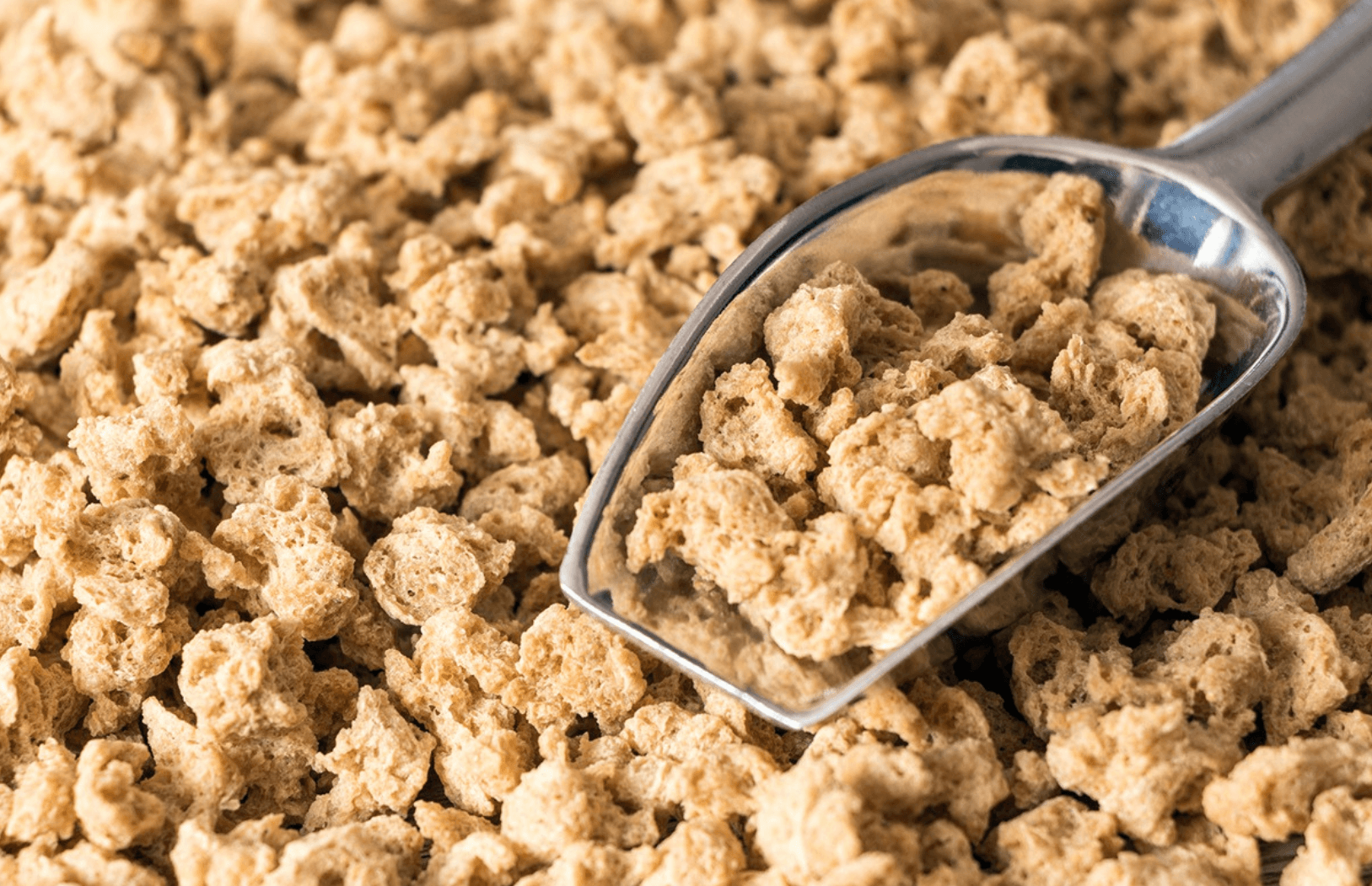A Day in the Life of a Food Science Student at TDU: From Lab to Kitchen
Imagine a day where your studies actively contribute to solving some of the world's most pressing challenges. This isn't a pipe dream; it is the reality for food science students at The University of Transdisciplinary Health Sciences and Technology (TDU) in Bangalore.
Here, food studies transcend traditional boundaries, diving deep into global health, livelihoods, and environmental sustainability. Let’s take a peek into a typical day, moving seamlessly from the origins of ingredients to cutting-edge research and real-world impact.
The morning often begins by understanding the very source of our sustenance – the 'Healthy Gardens' approach. Students explore how food systems interact with ecology and the environment. This isn't just theory; it’s hands-on engagement with local ecosystem resources. TDU champions diversity on the plate, a concept increasingly supported by modern microbiome research, suggesting a direct link between the variety of species in our gut and overall health. Students learn to cultivate and research 'forgotten foods' and 'wild edibles', bringing back biodiversity to our diets. Picture a unique, 4000-square-foot food forest on campus, teeming with 75 species of wild edibles, each with its own culinary potential and historical recipes waiting to be rediscovered. It’s a powerful lesson in how regenerative ecosystems can supply the nutrient diversity our bodies need.
As the day progresses, the focus shifts indoors to the 'Healthy Kitchens' and advanced laboratories. This is where innovation truly takes root. TDU boasts a state-of-the-art research kitchen, described by some as superior to those found in Michelin-starred restaurants. Here, students engage in 'rapid prototyping', transforming concepts into tangible food creations. They learn the intricate Indian Culinary Science, understanding how traditional cooking methods convert ingredients into wholesome, nutritious dishes, and how these can be scaled up for industry.
Beyond the kitchen, TDU’s 15 cutting-edge laboratories and pilot plants are a hub of activity. Students personally operate advanced equipment rarely seen outside industrial settings, such as a twin screw extruder and a dry fractionation setup. This hands-on experience is vital for developing solutions for global needs, such as converting diverse plant proteins into textured foods like Dal or Paneer analogs, a field where TDU is a pioneer in India. They also tackle challenges like millet processing, learning to eliminate anti-nutritional factors while retaining essential functionality for wider culinary application. The 'Mushroom Lab' offers another unique insight, demonstrating how fungi can transform agricultural waste like straw into edible, protein-rich food, addressing both environmental and nutritional challenges.
The afternoon is dedicated to 'Healthy Lives', delving into the profound interaction of food with human biology. This goes far beyond basic nutrition; it is about 'health thinking' – understanding the long-term impact of food choices. Students explore cutting-edge fields like nutrigenomics (effect of food on our genome), epigenomics (food and epigenome interactions), and food metabolomics (the thousands of molecules we ingest). They learn about the human microbiome and its crucial role in health, and how to design food for specific needs like iron deficiency anaemia, protein sufficiency, gut health, metabolic health (cardiovascular and glycemic control), and brain health. This holistic approach ensures that solutions are both scientifically sound and contextually relevant, often drawing insights from TDU’s vast databases of 6,500 medicinal plants and 3,000 years of traditional literature.
The university fosters an environment where biologists, Ayurveda physicians, Sanskrit scholars, engineers, and field outreach workers collaborate, integrating diverse knowledge systems to build something new. This unique blend extends to their connections with over 100 companies and numerous NGOs. Students participate in industry-sponsored projects, technology workshops, and crucial outreach programmes like improving protein and nutrition in midday meals or tackling India’s widespread anemia challenge. They learn to think like entrepreneurs, encouraged to develop ideas from inception to innovation, with the potential to launch their own start-ups using TDU’s infrastructure and network.
A day in the life of a food science student at The University of Transdisciplinary Health Sciences and Technology (TDU) is a vibrant journey that bridges ancient wisdom with modern science. It is an immersive experience in food innovation and sustainable food practices, preparing individuals not just for careers, but to become impactful problem-solvers in the ever-evolving landscape of global health and food futures. It’s about understanding that food isn't just fuel; it is a powerful lever for a healthier, more sustainable world.
Watch the full podcast featuring Dr. Gurmeet Singh as he unpacks how food intersects with health, ecology, and innovation — and explore the Food Futures programmes at TDU, where tradition meets technology to shape tomorrow’s food systems - https://youtu.be/J8aBcGr8ZIo?si=3W_Oli2c0Xb2zzoO

International Environmental Education Day (January 26)
Jan 23, 2026
On International Environmental Education Day (January 26), we are reminded of a powerful truth: The future of our planet depends on what and how we teach today.
Read more

TDU VC Darshan Shankar pays tribute to Prof. Madhav Gadgil
Jan 9, 2026
Read more

Rethinking Periods: When Did Rest Become Restriction ?
Jan 8, 2026
Menstruation is one of the most natural processes of the female human body, yet it remains one of the most misunderstood. Across cultures-especially in India-it has been surrounded by silence, shame, and countless restrictions.
Read more

When a Baby Cries, the Body Speaks – Learning to Understand Your Child’s Silent Language
Jan 8, 2026
Children are often called a gift from God. When a baby is born, it feels like receiving a blessing
Read more

Plant Imperialists : The destructive case of Lantana camara
Jan 8, 2026
British gardening enthusiasts brought Lantana camara, a shrubby plant with spectacular inflorescence, to Kolkata around the 1800s. Surely, they enjoyed having colourful flowers around them and hoped to feel less homesick while they mass-occupied Indian land
Read more

Are Mock Meats Just a Modern Fad ?
Jan 8, 2026
“Mock meats” or meat analogues are often dismissed as a bizarre trend by many and countless memes have spawned from the internet’s apparent disdain for mock meats and their consumers.
Read more



